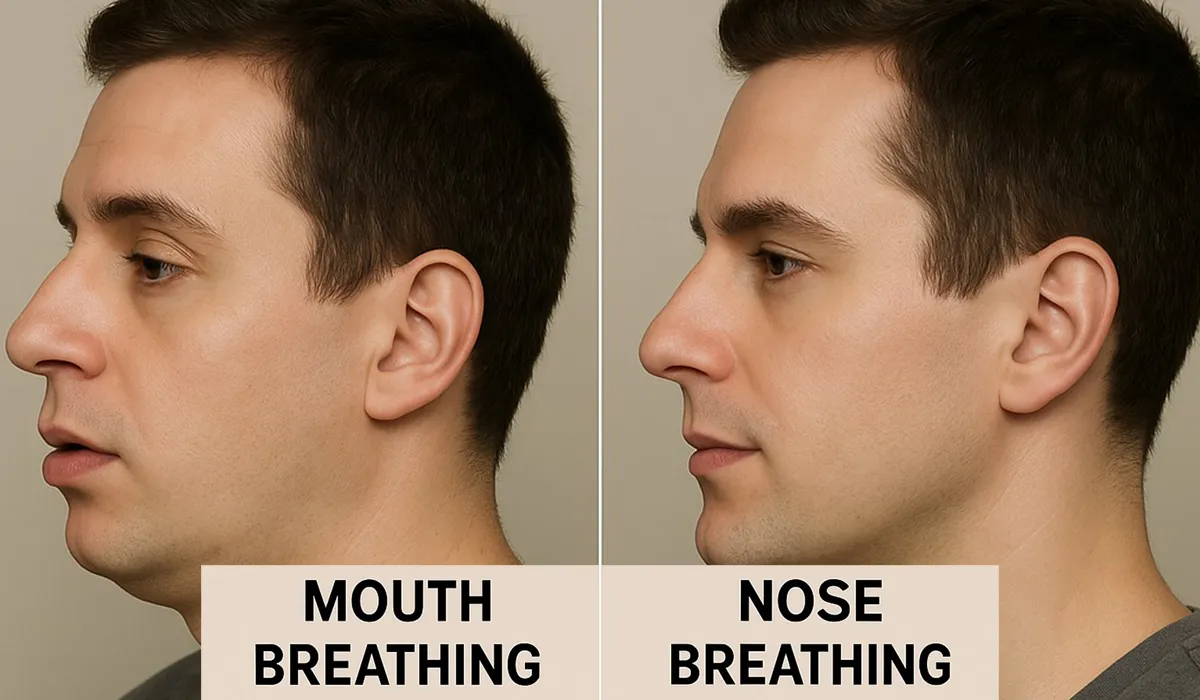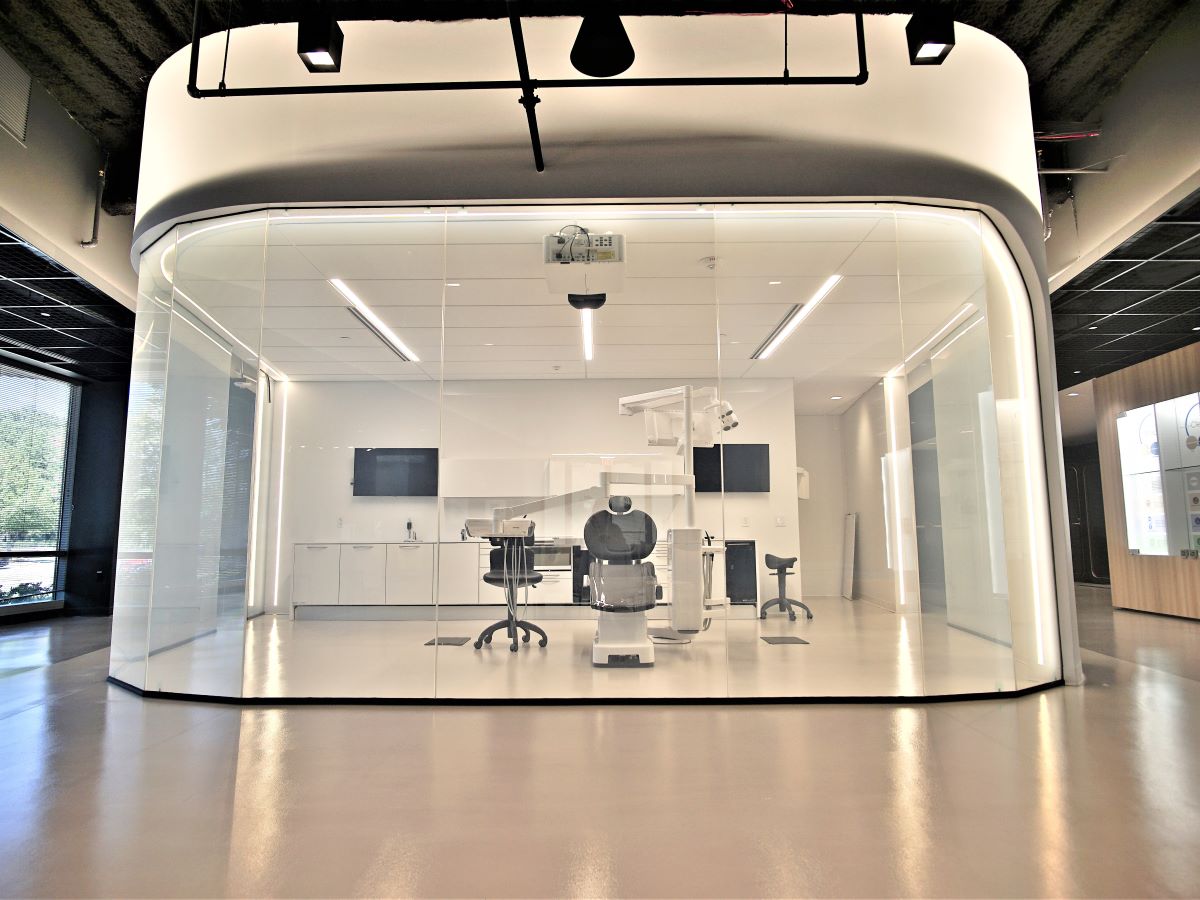When you look in the mirror and don’t see a bright smile, it can really upset you. Whether it’s a dark stain from your routine latte or a chipped tooth, all dental imperfections are treatable.
Every patient deserves to have access to the right information about their oral health. When it comes to maintaining a perfect smile, the two most popular cosmetic treatments available are Dental Veneers and Professional Teeth Whitening.
While both treatments aim to restore your natural smile, they function differently and have specific use cases.
In this guide, we’ll discuss both these options in detail to help you decide which is best for your particular needs.
What Are Veneers?
Veneers are super-thin, custom covers that are attached to the front surface of your teeth, usually to hide imperfect, stained or damaged teeth.
Veneers are generally made from high-quality porcelain or composite resin and designed to match your natural teeth, ensuring a higher level of perfection than whitening.
When or why choose veneers?
Veneers are a kind of permanent restorative solution for damaged or stained teeth. They are ideal if you have:
- Permanent stains or discoloration caused by trauma, smoking or tobacco use.
- Chipped, cracked, or damaged teeth.
- Small gaps (diastemas) or overlapping teeth.
- Too small or irregular tooth shape.
Pros & Cons
Pros | Cons |
Complete Transformation: Not just color, but shape and alignment too. | Irreversible: Permanently fixed to teeth by removing a small amount of enamel. |
Stain Resistance: Porcelain is non-porous and resists various stains. | Higher Initial Cost: More expensive than a whitening session. |
Longevity: Can easily last 10–15+ years with proper care. | Process Time: Requires at least two appointments and lab fabrication. |
What Is Professional Teeth Whitening?
Professional teeth whitening is a non-invasive treatment that restores your teeth’s natural color. There are multiple methods, including over-the-counter strips and professional whitening. The latter uses high-concentration peroxide gels activated by specialized light technology to strategically break down dark pigments and restore natural color.
When is it right for you?
Whitening is perfect for people who only want to increase the brightness of their teeth and are completely happy with their current shape, size, and structure. It is ideal for:
- Extrinsic Stains or yellowing caused by food, tobacco, or smoking.
- A quick boost in confidence before crucial events, interviews, or reunions.
- Restoring the natural look/color of your teeth.
Pros & Cons
Pros | Cons |
Non-Invasive: No removal of tooth structure required. | Temporary: Results last 6 months to 2 years, depending on care. |
Affordability: Very cost-effective, especially compared to veneers. | Limited Reach: Cannot fix damaged teeth, chips, gaps, or internal graying. |
Speed: Quick treatment; takes about an hour. | Sensitivity: Temporary tooth sensitivity for a few days post-treatment is possible. |
Veneers vs. Whitening: How to Choose the Right Option
Selecting the right teeth restoration treatment depends on your goals, budget, and the condition of your teeth. Consider the following factors before making a decision:
- Purpose: Is your primary concern just the fading color or stains on your teeth? Then, whitening is sufficient. If you’re concerned about chipped or crooked teeth, veneers are your answer.
- Timeline: How soon do you need this treatment? If you have only a couple of days, professional whitening offers the fastest results. If you want a lasting smile and can wait for it, veneers are the best choice.
- Your Budget: Whitening is much less expensive than veneers.
- Sustainability: Veneers are a more permanent and long-lasting solution for brightness than teeth whitening.
Alternate or Combined Treatments
Can you combine whitening with veneers? Yes.
Your dentist may recommend a hybrid approach or an entirely different treatment based on your particular needs and goals.
The Hybrid Approach: Many patients whiten their teeth first before getting veneers on only the defective or most visible front teeth. This ensures the treatment meets your needs while saving money by managing the number of veneers needed.
Dental Bonding: If you have only one chipped tooth, a full set of veneers is not usually a viable option. Composite bonding can often fix minor flaws in one visit.
Clear Aligners (Invisalign): If your primary concern is crowding or overlapping teeth, we may recommend clear plastic aligners to straighten teeth.
Conclusion
At the end of the day, the right restorative treatment depends on your particular goals, budget, and the condition of your teeth. Professional whitening is a quick, inexpensive, and low-risk way to restore a brighter smile, while veneers are a more intensive, permanent, and transformative solution.
If you are confused or need professional guidance, contact a reliable dentist like Lynnwood Dental Studio, who can evaluate your particular condition and requirements before recommending the right treatment for your overall oral health. The key is to find the balance between health, function, and appearance. Whether you’re looking for brighter teeth at a competitive rate or a total smile makeover by paying a higher cost, your dentist can guide you to the best option for dental cosmetic restoration.








